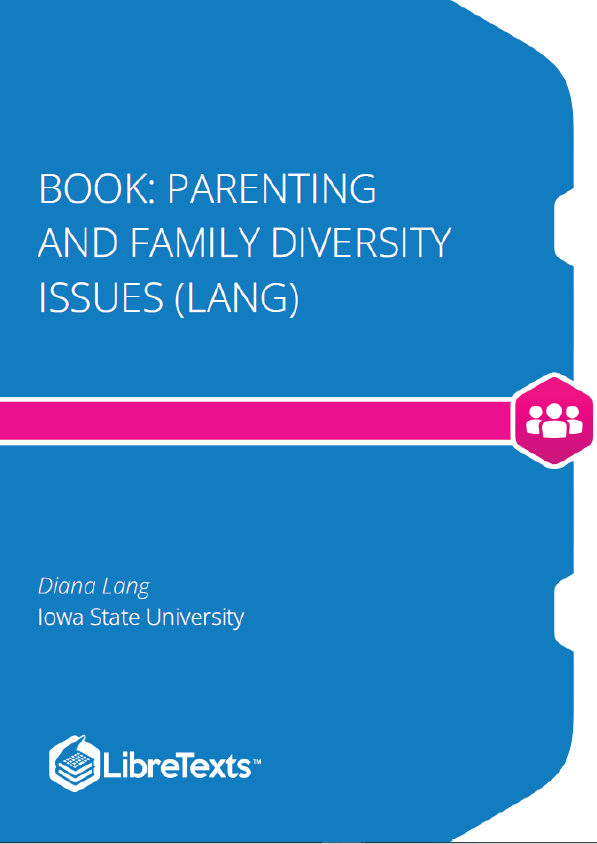This book has been created for students and all individuals who work with children and families (e.g., educators, parents, caregivers, direct support workers, etc.) in diverse contexts. It is imperative to understand how and what factors may influence child outcomes across the lifespan. Therefore, key concepts related to parenting, child-rearing, care-giving, and parenting education are outlined in this textbook to provide historical, theoretical, and practical perspectives across vast settings and developmental domains.
Influences on Parenting
Parenting is a complex process in which parents and children both impact one another. There are many reasons that parents behave the way they do. The multiple influences on parenting are still being explored. Proposed influences on parental behavior include:
- parent characteristics,
- child characteristics, and
- contextual and sociocultural characteristics.
Parent Characteristics
Parents bring unique traits and qualities to the parenting relationship that affect their decisions as parents. These characteristics include a parent’s age, gender identity, personality, developmental history, beliefs, knowledge about parenting and child development, and mental and physical health. Parents’ personalities also affect parenting behaviors. Parents who are more agreeable, conscientious, and outgoing are warmer and provide more structure to their children. Parents who are more agreeable, less anxious, and less negative also support their children’s autonomy more than parents who are anxious and less agreeable. Parents who have these personality traits appear to be better able to respond to their children positively and provide a more consistent, structured environment for their children.
Parents’ developmental histories, or their experiences as children, can also affect their parenting strategies. Parents may learn parenting practices from their own parents. Fathers whose own parents provided monitoring, consistent and age-appropriate discipline, and warmth are more likely to provide this constructive parenting to their own children. Patterns of negative parenting and ineffective discipline also appear from one generation to the next. However, parents who are dissatisfied with their primary caregivers’ approach may be more likely to change their parenting methods when they have children.
Parenting is bidirectional. Not only do parents affect their children, but children influence their parents as well. Child characteristics, such as gender identity, birth order, temperament, and health status, can affect parenting behaviors and roles. For example, an infant with an easy temperament may enable parents to feel more effective, as they are easily able to soothe the child and elicit smiling and cooing. On the other hand, a cranky or fussy infant can elicit fewer positive reactions from parents and may result in parents feeling less effective in the parenting role. Over time, parents of more difficult children may become more punitive and less patient with their children. Parents who have a fussy, difficult child tend to be less satisfied with their marriages and have greater challenges in balancing work and family roles. Thus, child temperament is one of the child characteristics that influences how parents behave with their children.











